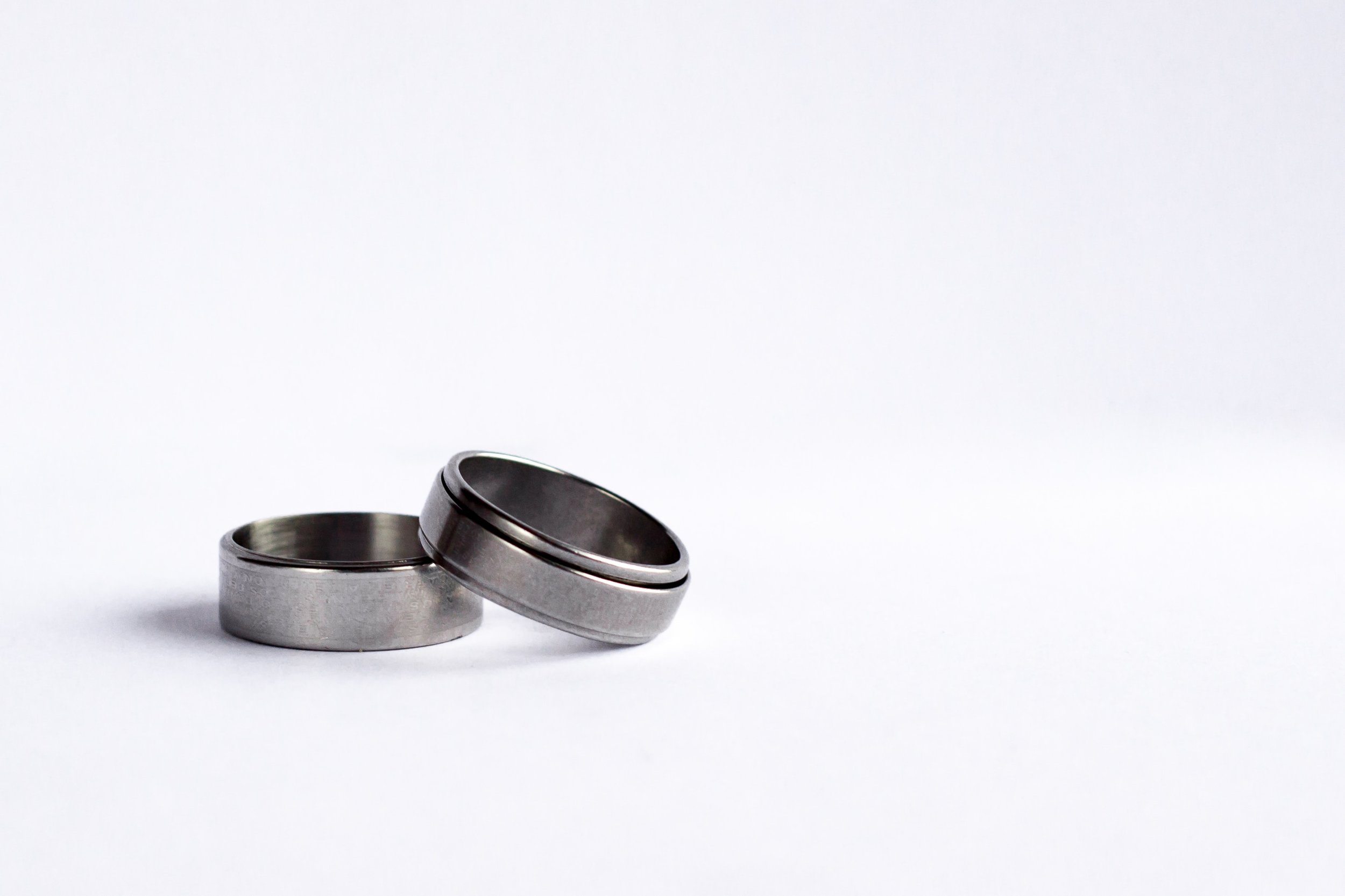What Platinum Alloys Are Used to Make Jewelry?
Platinum engagement rings are not rare. Maybe you called off an engagement and your former fiancé gallantly said, “I gave the ring to you . . . it’s yours, so keep it.” Or maybe you find some platinum engagement ring blanks (rings that have not yet had stones mounted in them) in a jewelry manufacturing company that went out of business.
Three Places You Are Most Likely to Find Platinum and Platinum Scrap
We recently asked Dan Fried, Founder and CEO of Specialty Metals Smelters and Refiners, to name a few places where platinum can be found. Some of his advice was surprising and if you follow it, we predict you will find platinum that you can recycle for money.
What Are The Best Places to Look for Platinum and Platinum Alloy Scrap?
Platinum alloys are valuable and are commonly used in various industrial applications, including electronics, jewelry, and more. And if you can find platinum and platinum alloy scrap, chances are good that you will be able to recycle it for a good payback. After all, platinum is now trading for $908.00/troy ounce. That means that even a small quantity of platinum scrap you find can often result in a big profit for you.
New Platinum-Gold Alloy Could Be the Hardest Metal Ever Made . . . and One of the Rarest
Have you heard about the new alloy of platinum and gold that is said to be the most indestructible metal ever made . . . one that is as hard as diamonds and virtually abrasion-proof? We have heard about it too. It sounds like a hoax. After all, gold is a very soft metal. Platinum can easily be scratched, as owners of platinum engagement rings have discovered. So how can it be that combining these two not-so-durable metals could result in a super-metal that is virtually indestructible?
What Role Does Copper Play in Determining the Value of Precious Metals?
Copper is a metal with many wonderful and useful properties. It is soft and malleable. It is also a “friendly” metal that can be blended with many other metals to form alloys.
What precious metals are most often mixed with copper? And when they are, how does that affect their value? Let’s explore that topic.
Hunting for Platinum? These Three Facts Can Help You Find More
Have you ever failed to realize that an old ring, an old lab vessel, or a bit of white metal scrap was made of platinum? If you have, you are not alone. Because platinum is a white metal, it is easy to mistake it for silver or even something as low-end as polished pewter, stainless steel or even aluminum. Here are three facts that can help you recognize platinum more quickly and reliably.
Precious Metals Recycling - Dollars Are Waiting for You in Platinum and Palladium Class Rings
We’ve written before on this blog about how to make money recycling gold class rings. Today, let’s take a look at how you can profitably recycle older class rings that contain palladium and platinum.
Why Stuff that Doesn’t Glitter Could Be Platinum
Although platinum doesn’t rust or oxidize, it can discolor after it is exposed to high heat in laboratories. That bluish patina can be deceiving. You look at a discolored piece of thermocouple wire or a testing crucible or a stand that was used in the lab and think, “this discolored stuff can’t possibly be platinum.” The discolorations that affect used platinum mesh or sponge can be even more deceiving. They can be reduced to a blackish powder that you’d be tempted to sweep up and toss away.
Get Wired! How to Unravel Big Dollars from Wires Made of Gold, Platinum and other Precious Metals
If you’re emptying an old factory that produced products that contained metals, chances are good that you will discover wire that contains precious metals. You might find coils of it in storage areas. You might find little rolls of it hiding in drawers. Unless the previous owners labeled their supplies carefully or the wire is still in its original packaging, you have very little way of knowing what kind of wire you have.









